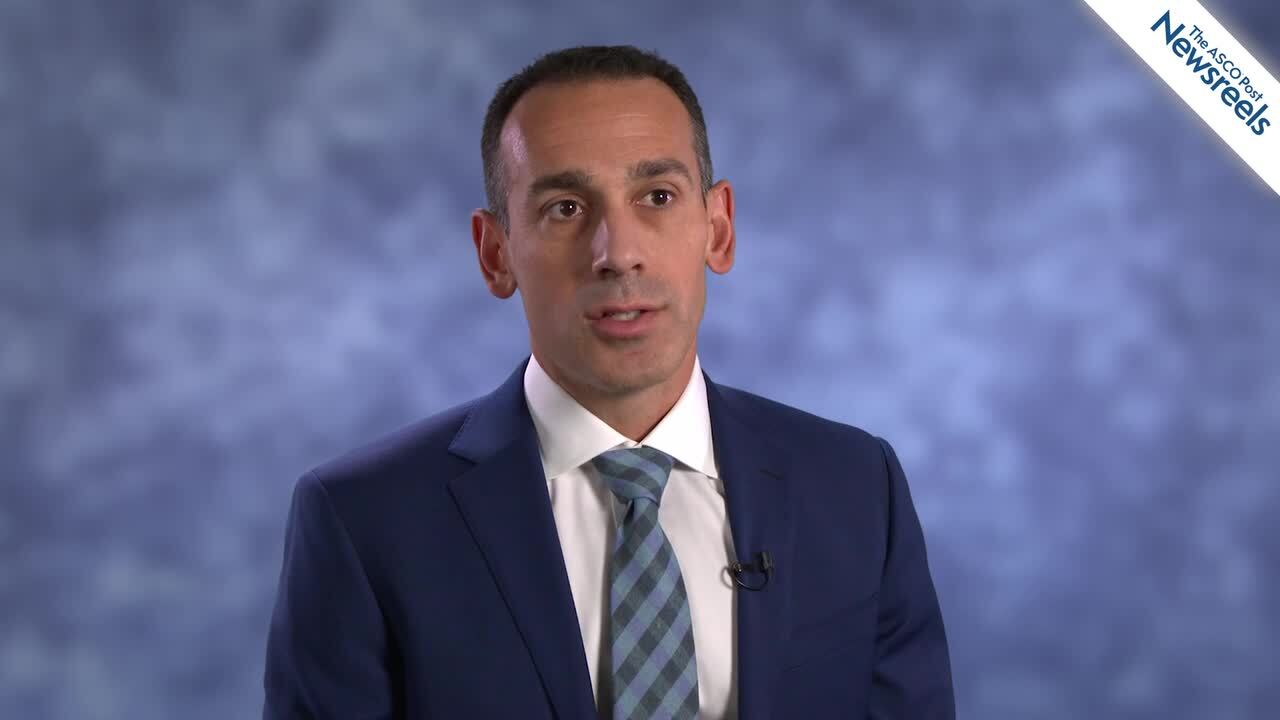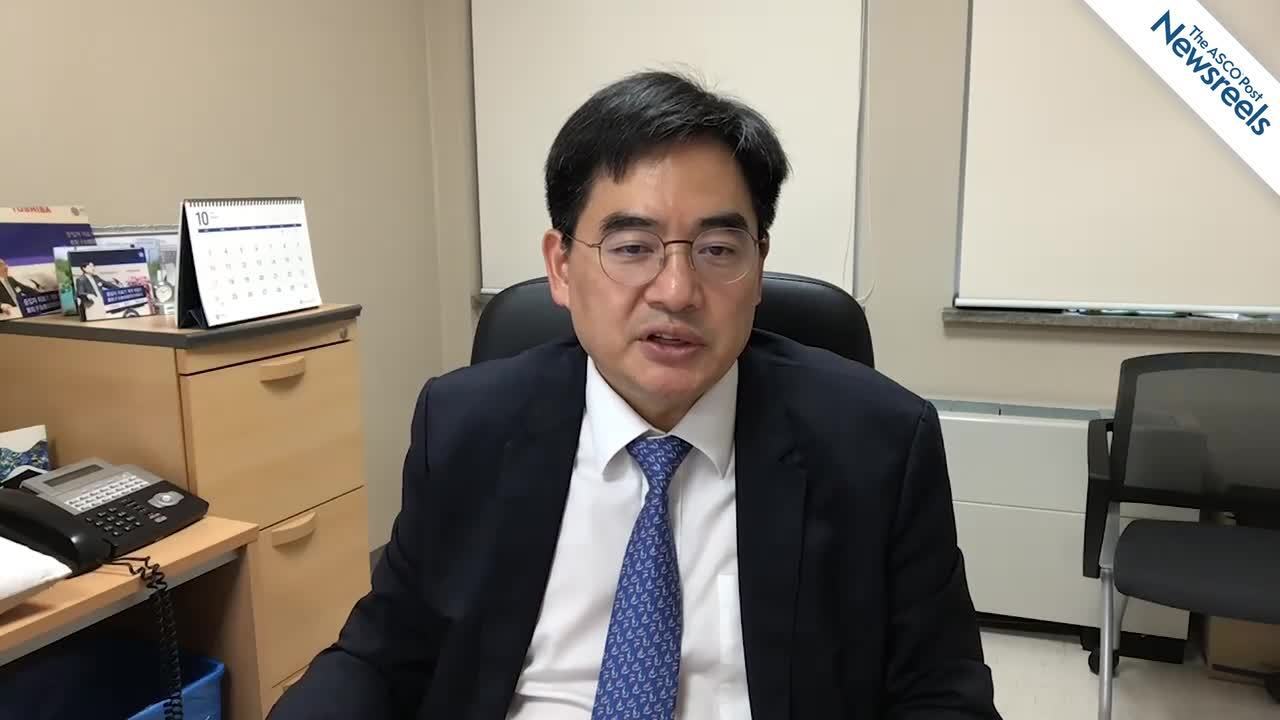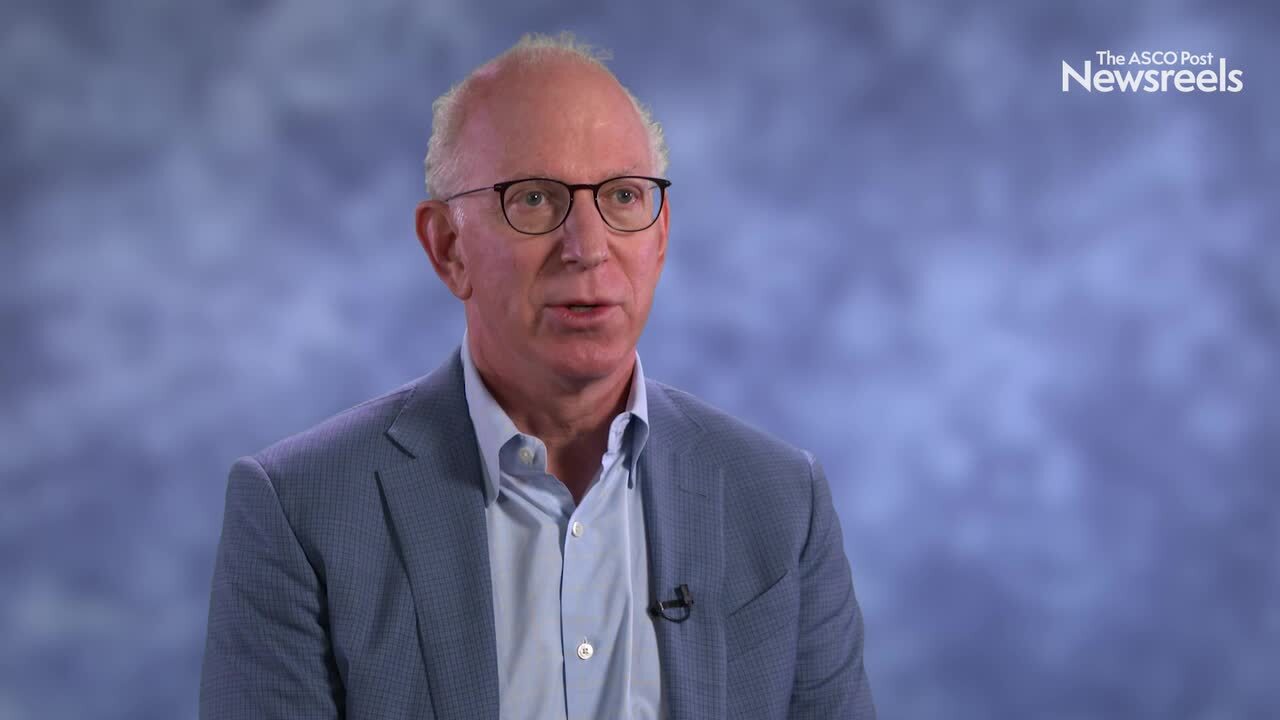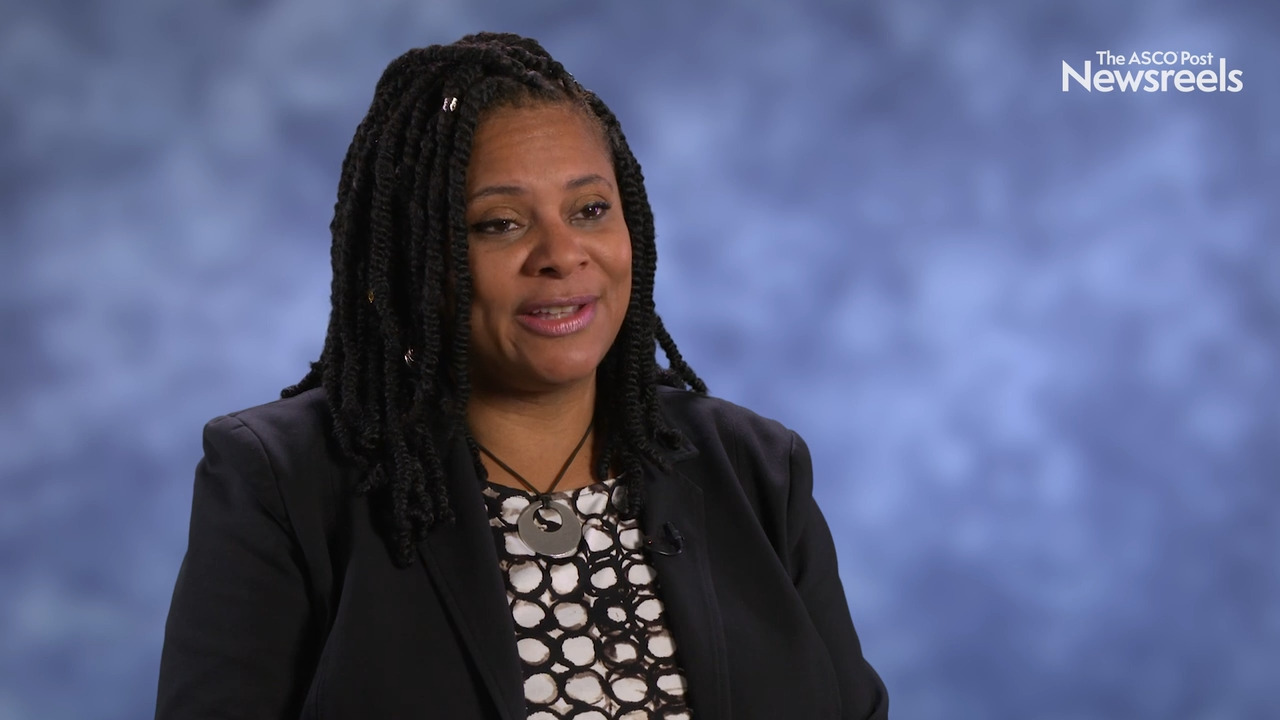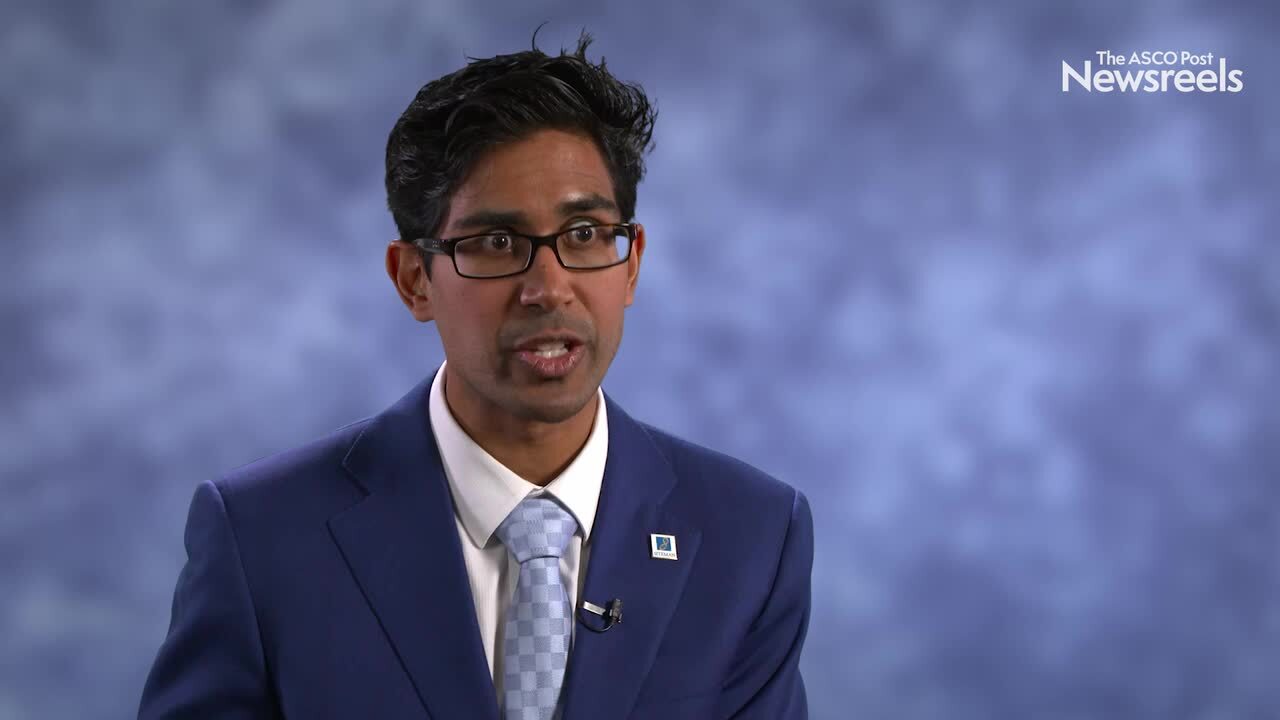Matthew Manning, MD, on Resolving Racial Disparities in the Treatment of Breast and Lung Cancers
2021 ASTRO Annual Meeting
Matthew Manning, MD, of Cone Health Cancer Center, discusses findings that showed changes to the way cancer care is delivered may help eliminate racial disparities in survival among patients with early-stage lung and breast cancers. Identifying and addressing obstacles that kept patients from finishing radiation treatments for cancer were associated with improved 5-year survival rates for all patients (Abstract 53).
The ASCO Post Staff
David A. Palma, MD, PhD, of Ontario’s London Health Sciences Centre, discusses results of the ORATOR2 study, which compared two treatment options that could be de-escalated for patients with HPV-associated oropharyngeal squamous cell carcinoma: a lower-dose radiation approach (6 weeks instead of 7, often with chemotherapy) vs a transoral surgical approach (with low-dose radiation afterward, for 5 weeks) (Abstract LBA2).
The ASCO Post Staff
Yongbae Kim, MD, of the Yonsei Cancer Center and Yonsei University College of Medicine, discusses findings that showed the use of internal mammary area irradiation (IMNI) in regional nodal irradiation did not significantly improve disease-free survival for women with node-positive breast cancer. However, patients with medially or centrally located tumors may be considered for treatment with IMNI (Abstract 2).
The ASCO Post Staff
Howard M. Sandler, MD, of Cedars-Sinai Medical Center, discusses whether hypofractionation can be safely employed in the post-prostatectomy setting and the role of short-term hormone therapy in the management of intermediate-risk prostate cancer with radiotherapy.
The ASCO Post Staff
Karen M. Winkfield, MD, PhD, of Vanderbilt University Medical Center, who co-chaired a session (PS 02) on digital health, summarizes the talks, which included ways to reduce disparities with digital innovations and the importance of patient input, especially in the form of patient-reported outcomes and experience measures. Advancing digital health, which the FDA defines as including health information technology, telemedicine, and personalized medicine, can potentially improve cancer care.
The ASCO Post Staff
Aadel A. Chaudhuri, MD, PhD, of Washington University School of Medicine in St. Louis, discusses circulating tumor DNA, which has the potential to better personalize treatment for patients with oligometastatic cancer and help clinicians determine whether to offer systemic therapy alone or curative-intent local consolidative therapy.
